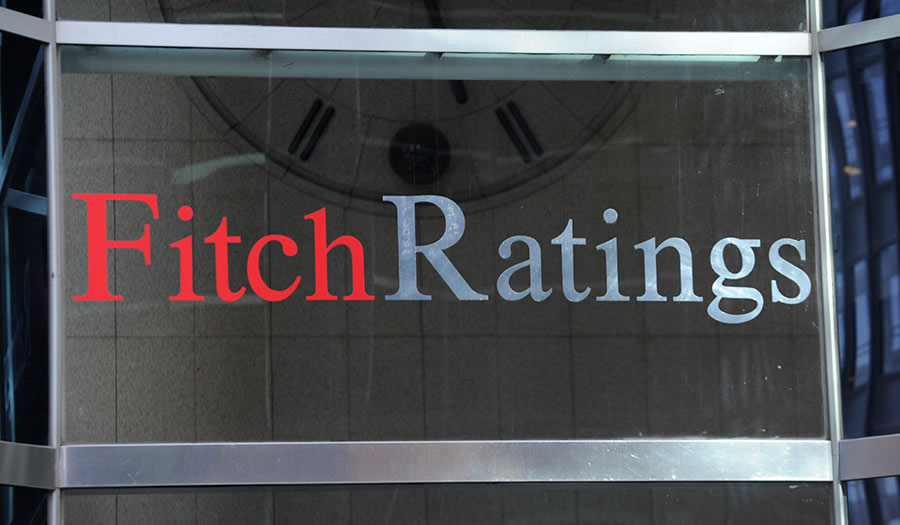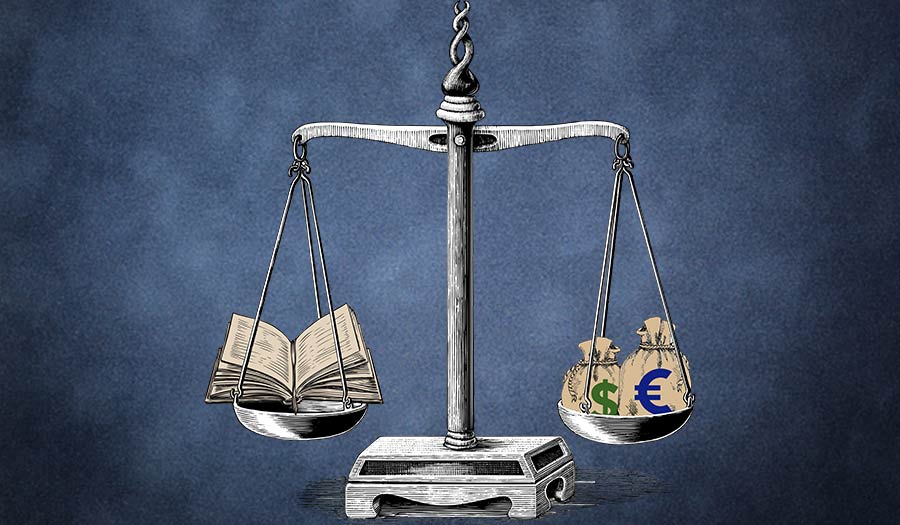 AP/Henny Ray Abrams
AP/Henny Ray Abrams
World News Desk
Learn the why behind the headlines.
Subscribe to the Real Truth for FREE news and analysis.
Subscribe NowWASHINGTON (AP) – Fitch Ratings has downgraded the United States government’s credit rating, citing rising debt at the federal, state, and local levels and a “steady deterioration in standards of governance” over the past two decades.
The rating was cut Tuesday one notch to AA+ from AAA, the highest possible rating. The new rating is still well into investment grade.
The decision illustrates one way that growing political polarization and repeated Washington standoffs over spending and taxes could end up costing U.S. taxpayers. A lower credit rating, over time, could raise borrowing costs for the U.S. government.
It’s only the second time in the nation’s history that its credit rating has been cut. In 2011, the ratings agency Standard & Poor’s stripped the U.S. of its prize AAA rating after a prolonged fight over the government’s borrowing limit. The Government Accountability Office, in a 2012 report, estimated that the 2011 budget standoff raised Treasury’s borrowing costs by $1.3 billion that year.
At the same time, the huge size of the U.S. economy and historic stability of the federal government has kept its borrowing costs low. Global investors often flock to U.S. Treasury securities during periods of economic turmoil, lowering the interest rate paid by the U.S. government.
Fitch had warned May 24 that it could remove the government’s triple-A rating as Congress again struggled to raise the borrowing limit. A deal was reached nearly a week later that suspended the limit and cut about $1.5 trillion from the government deficit over the next decade.
Fitch cited the worsening political divisions around spending and tax policy as a key reason for its decision. It said U.S. governance has declined relative to other highly rated countries and it noted “repeated debt limit standoffs and last-minute resolutions.”
Biden administration officials strongly criticized Fitch’s move. Treasury Secretary Janet Yellen said it was “arbitrary” and “based on outdated data.”
Ms. Yellen noted that the U.S. economy has rapidly recovered from the pandemic recession, with the unemployment rate near a half-century low and the economy expanding at a solid 2.4 percent annual rate in the April-June quarter.
Fitch informed Biden administration officials that the events of January 6, 2021 were a factor in its decision to downgrade because it indicated an unstable government, according to a person familiar with the discussions between the administration and the rating agency. Fitch produced a report last year that showed government stability declined from 2018 to 2021, but increased since Mr. Biden assumed the presidency, said the person, who was granted anonymity to disclose private conversations.
Another factor in Fitch’s decision is that it expects the U.S. economy to tumble into a “mild recession” in the final three months of this year and early next year. Economists at the Federal Reserve made a similar forecast this spring but then reversed it in July and said growth would slow but a recession would likely be avoided.
- Real Truth Magazine Articles
- ECONOMY & PERSONAL FINANCE
 7 Old Testament Laws That Would Fix the Global Economy
7 Old Testament Laws That Would Fix the Global Economy


